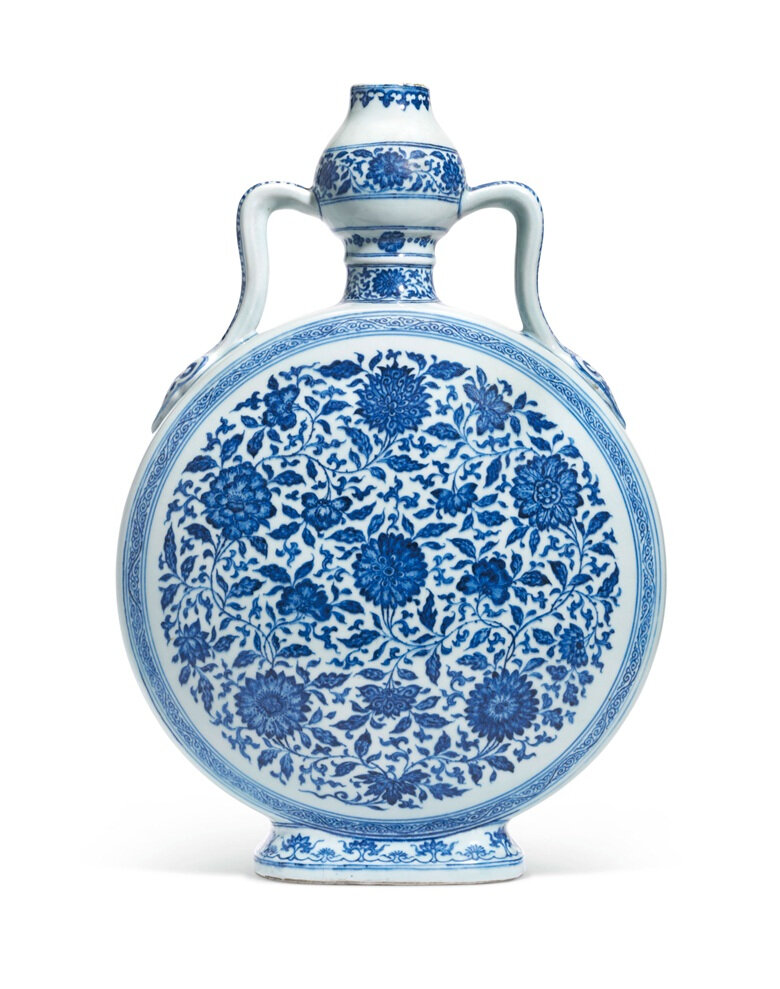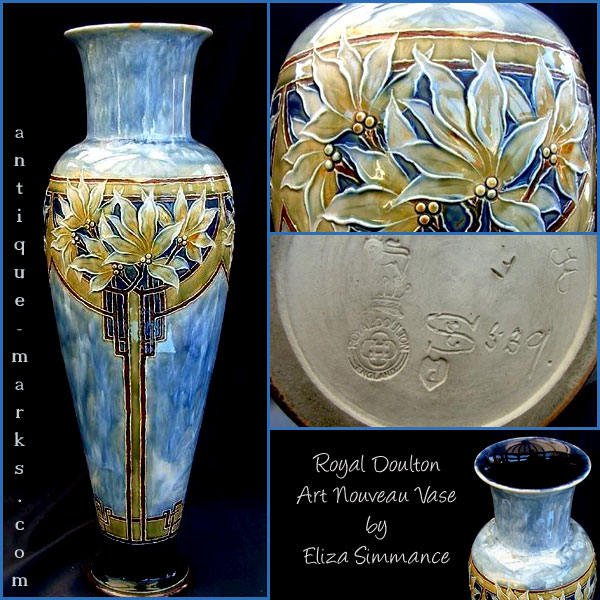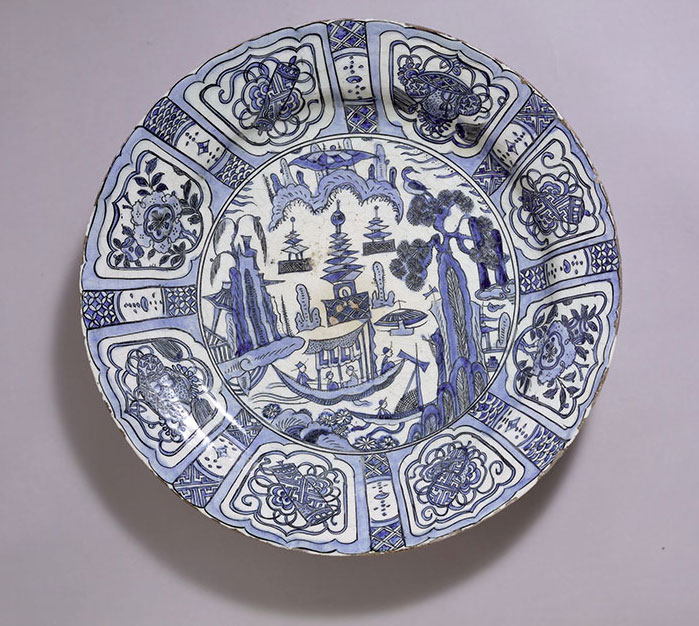Cursive Capital L On Bottom Of Ceramic Teapot

If your teapot is made of china or pottery try the online guides marks4ceramics or the international ceramic directory.
Cursive capital l on bottom of ceramic teapot. If at first you don t succeed use several different combinations of words extra help if needed. Porcelain marks are the fingerprints of antique china. Turn your teapot over and see what type of backstamp is on the underside. Search guides that show marks from different manufacturers in order to identify the maker of your piece.
Marks with letters are listed in alphabetical order. The only markings on it are the letter l written like lavern does in lavern and shirley cursive. The method used for suggesting dates on the following marks is the empirical and that of the arts historian. See more ideas about pottery makers makers mark pottery marks.
Describe your mark for example bow arrow semi porcelain without the quotes to search throughout this site by using the above search box. Most studio or art pottery is unique and rarely reproduced in large quantities unless they were made for utilitarian purposes such as pottery jugs or ceramic cookware and tableware that are usually branded in the same pattern and perhaps modeled by a particular designer. Hopefully this contribution by elyce litts will greatly help our understanding of 20th century japanese porcelain marks. Some marks look like a circle square bird or animal shape etc.
Mar 18 2015 explore sandi logan s board collection of porcelain pottery makers marks followed by 367 people on pinterest. If you re looking to identify a piece of marked pottery you may want to check our american pottery marks and resource directory and compare the mark there. Its about 20 inches tall and is white with the cat being a light brown goldish color. The bottom shows the name if there is one the color of the clay the way the piece is fired and other characteristics that help with the identification.
Identify a mark by shape. The top has a number of 3 or 5 above the l and the jar part has a marking of 20 above the l. Serving as both evidence of its origin age and often times quality the makers mark on a porcelain item is the first place many collectors look before making a purchase. When repairing ceramic objects knowing it s origin and value is important prior to proceeding with investing in a repair.
Look at maker s mark guides.






































.jpg?mode=max&h=340)



